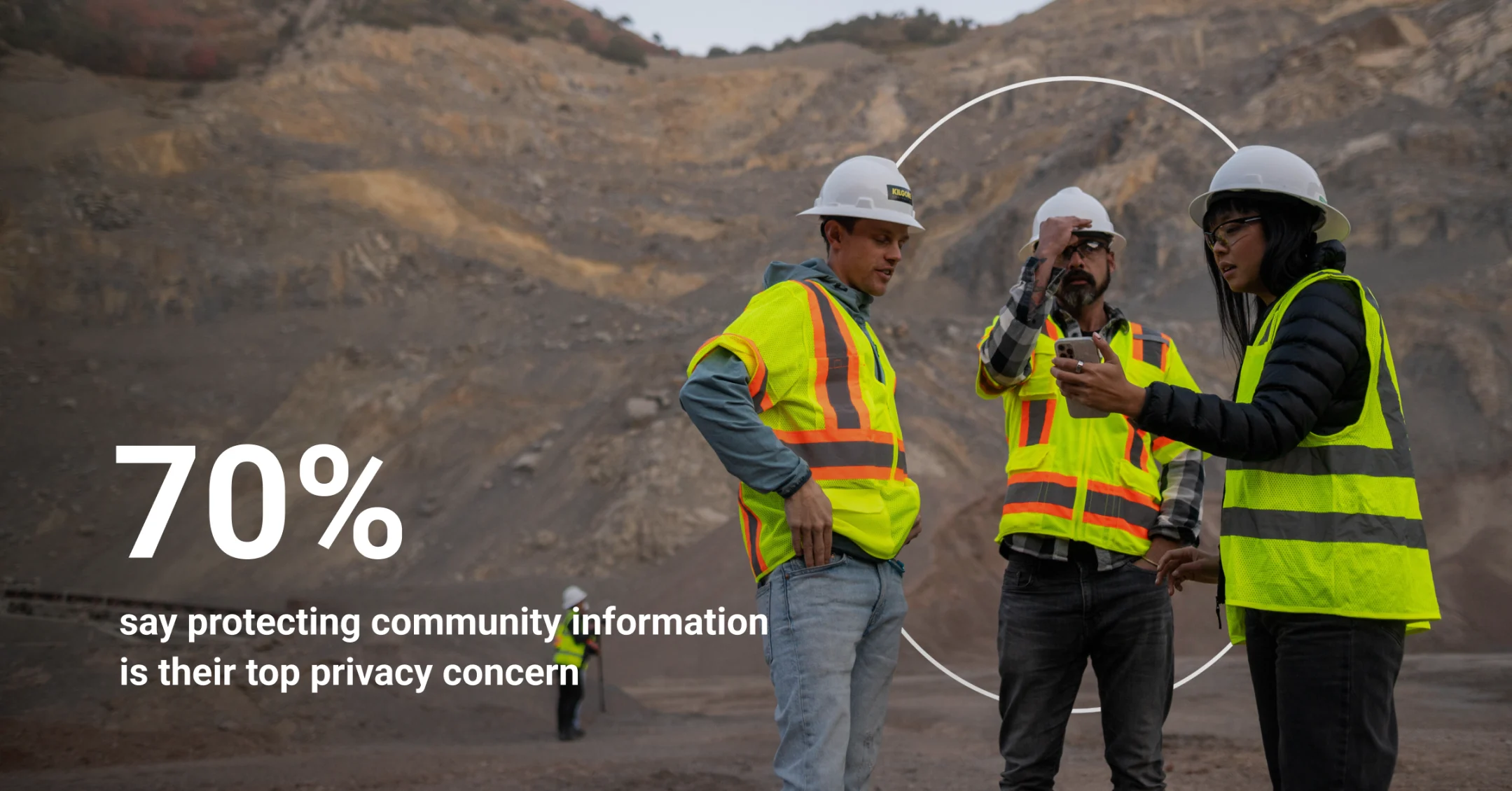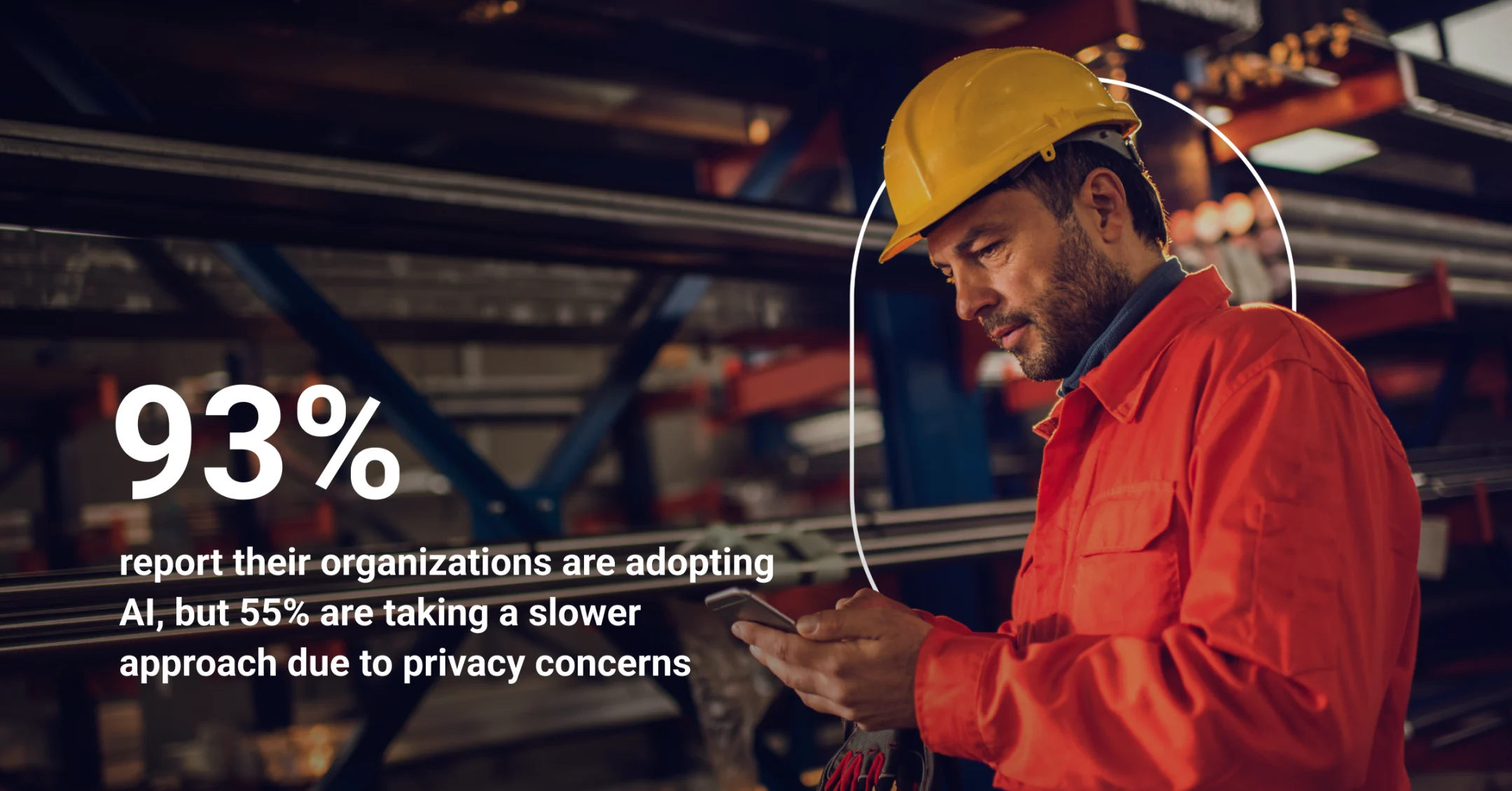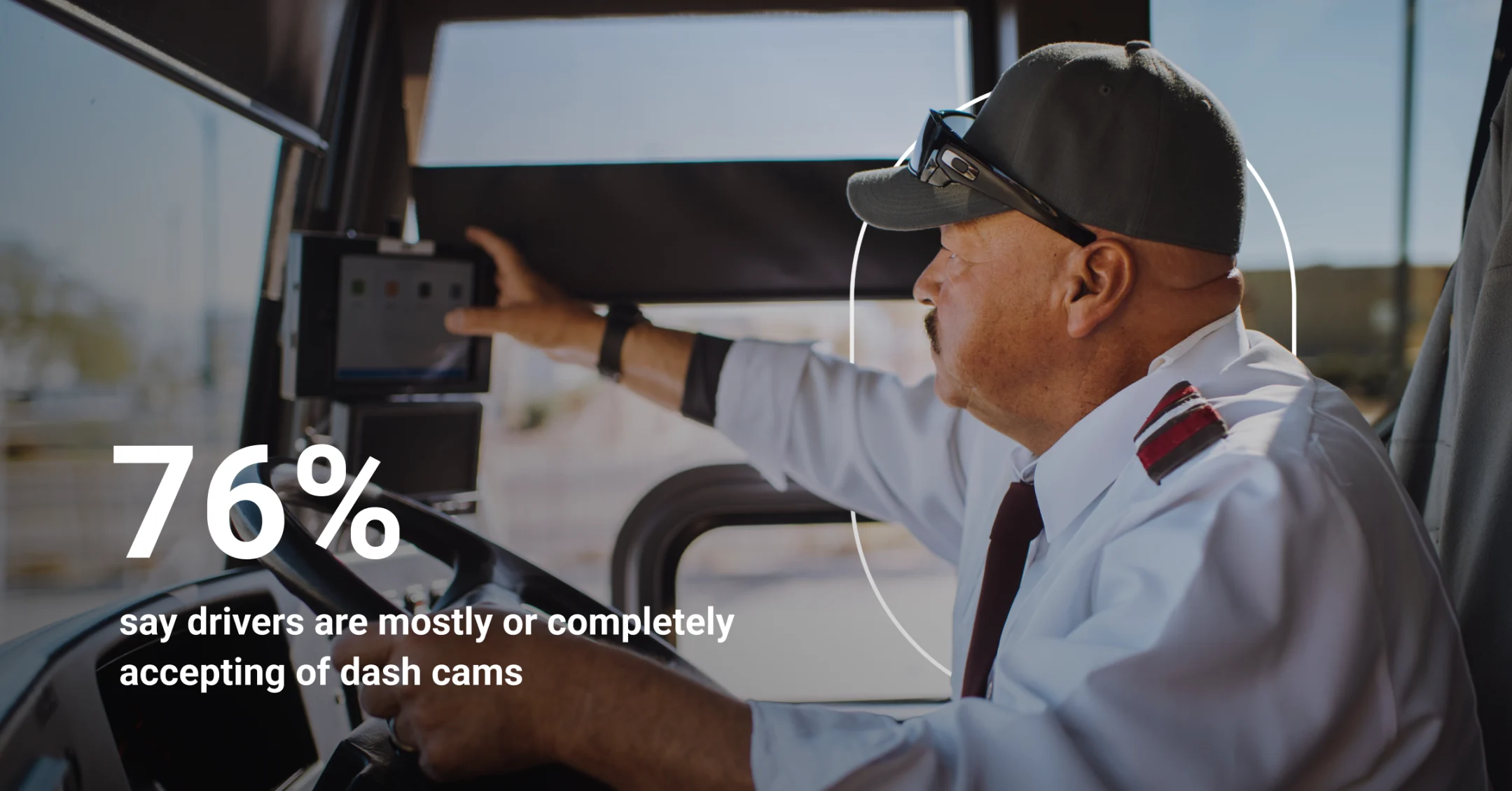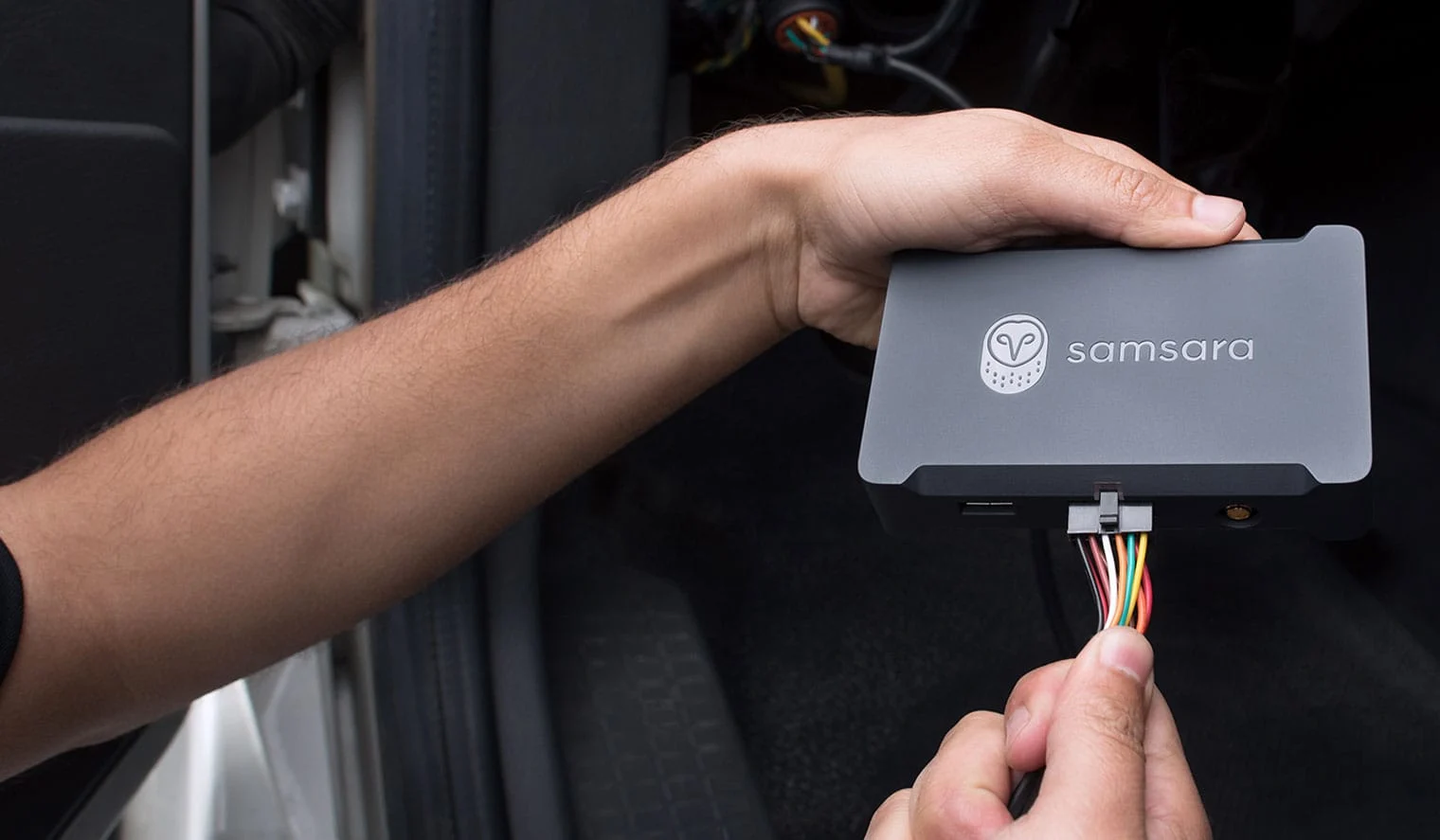Data Insights & Analytics
New Samsara Privacy Report: Physical Operations Leaders Embracing AI
October 5, 2023

Senior Director, Legal

AI has sent shockwaves across nearly every industry around the globe. Many organizations are eager to use AI to find ways to unlock process efficiencies, cost savings, and new revenue. At the same time, some are uneasy about emerging risks around AI.
At Samsara, we wanted to understand how leaders in the world of physical operations—including industries such as transportation and logistics, as well as construction—think about these issues. How are they addressing privacy, particularly as they implement and use technologies like AI and dash cams?
To find out, we commissioned a survey of 600 high-level executives in the construction, logistics, manufacturing, and other key industries across the United States, Canada, Mexico, France, Germany, and the United Kingdom. The results show that physical operations leaders are excited about technology like AI and dash cams. However, executives also understand the critical importance of prioritizing the privacy of their employees, customers, and the communities they serve:
93% of leaders say they are adopting AI, but 54% also say that privacy concerns can slow AI implementation or stop it altogether.
70% of leaders say protecting sensitive community information, such as videos of pedestrians, is the most important privacy consideration, followed closely by 69% who say protecting sensitive employee information is critical.
76% of executives report their drivers are completely or mostly accepting of dash cams.
86% of leaders say they completely or somewhat agree that unions are active in raising awareness about privacy.
Read on for more top-line findings from the survey, and download the full report to take a deeper dive into the current privacy landscape for physical operations companies, as well as get actionable steps you can take to build a culture of privacy within your organization.
Download full reportProtecting sensitive information is the top privacy concern for physical operations leaders.
Privacy is a complex, wide-ranging topic, and leaders have many issues to consider when thinking about how to protect data. According to our survey, protecting sensitive community information is first among them: 70% of leaders cite it as their most considered aspect of privacy, followed closely by protecting sensitive employee information at 69%.
Moreover, given the focus on protecting sensitive information, it comes as no surprise that developing proper protocols for collecting and storing personal data or personal identifying information (PII) is the top privacy challenge at physical operations companies, cited by 52% of leaders.

While a significant majority of physical operations leaders are adopting AI, some have privacy concerns.
Almost all of the leaders we surveyed, 93%, report that their organizations are moving ahead and finding ways to use AI across their operations. At the same time, 54% say they are taking a slower approach—including 7% who are avoiding AI entirely—due to privacy concerns. Given this, the need for AI technology built with privacy in mind is clear.
Leaders also point to a range of factors that would make them more comfortable with AI, including robust policies for regulatory compliance (64%), and transparency into data collection and use (63%).

Driver acceptance of dash cams is high, and transparency can push buy-in even higher.
In our survey, 76% of executives report that their drivers are “mostly” or “completely accepting” of in-cab cameras, while only 1% are “not at all accepting.” Executives named several considerations that can improve acceptance among drivers, among them: clarity and transparency around how data is being collected, stored, and used (40%); followed closely by clearly defined safety policies on how footage will be used (38%).

Learn more about privacy in physical operations in the full report.
You can get even more insights into how industry leaders are tackling today's privacy challenges by downloading a copy of the complete 2023 State of Privacy in Physical Operations Report. In addition to taking a deeper dive into the full results, the report includes snapshots for every region surveyed, as well as seven concrete steps you can take now to start or optimize your privacy policies and practices.
Download full report












